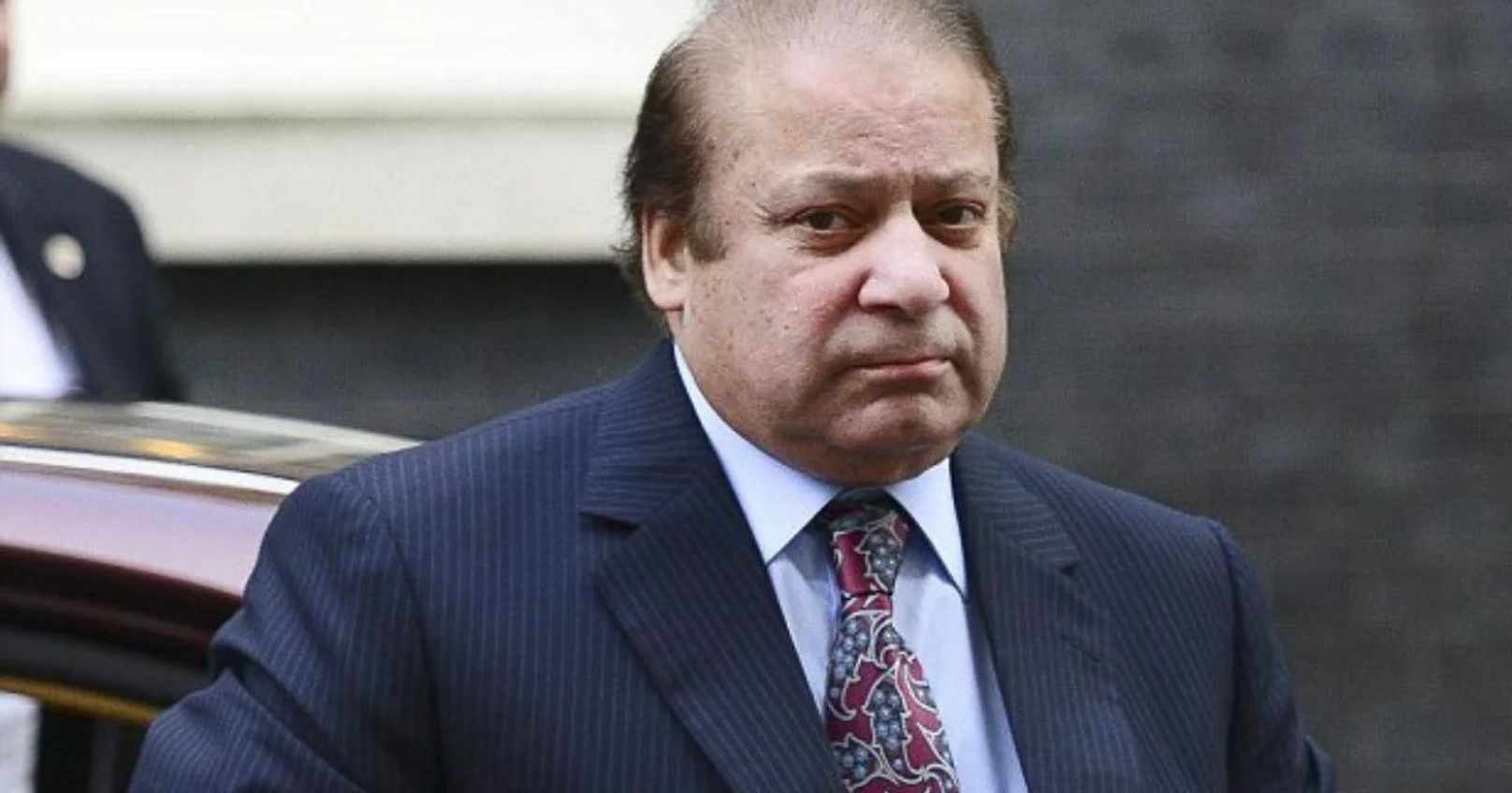Former Pakistani Prime Minister Nawaz Sharif made a significant admission on Tuesday, acknowledging that Pakistan had violated the 1999 Lahore Declaration agreement with India, which he had signed with then-Indian Prime Minister Atal Bihari Vajpayee. Speaking at a meeting of his party, Pakistan Muslim League (N), Sharif indirectly referred to the Kargil conflict orchestrated by General Pervez Musharraf, stating, "It was our fault."
The Lahore Declaration, aimed at fostering peace and security between the two nations, was signed on February 21, 1999. However, tensions escalated shortly afterward due to Pakistani incursion into the Kargil district in Jammu and Kashmir, resulting in the Kargil War.
General Musharraf, then the Chief of Army Staff, ordered the secret infiltration of Pakistani forces into Kargil, leading to a full-scale conflict with India. The war concluded with India emerging victorious while Nawaz Sharif was serving as Prime Minister.
In a speech aired by Pakistan Television Corporation (PTV), Sharif's remarks on the anniversary of Pakistan's first nuclear test stirred controversy. He disclosed that he had declined a substantial offer from US President Bill Clinton to deter Pakistan from conducting nuclear tests, insinuating that current Prime Minister Imran Khan might have accepted the offer.
Moreover, Sharif accused Pakistan's Inter-Services Intelligence (ISI) of orchestrating his removal from office in 2017 to pave the way for Imran Khan's ascension to power. He recounted receiving threats from the ISI chief in 2014 to resign from his position as Prime Minister, which he defied.
Despite facing political challenges and legal battles, Sharif reclaimed the presidency of the ruling PML-N party unopposed on Tuesday, marking his return to a prominent leadership role after six years of absence.
This revelation by Nawaz Sharif sheds light on Pakistan's tumultuous history with India and the internal power struggles within the country, raising questions about political accountability and the influence of intelligence agencies on governance.







